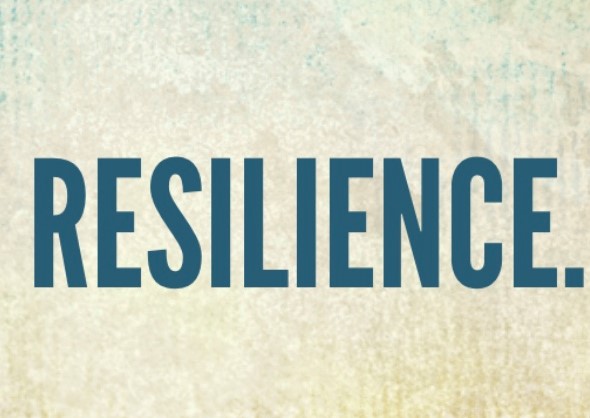Importance of Sleep for Youth Football Athletes

I want to identify a topic that is vastly overlooked during an intense physical training program for youth athletes. This topic is something that many of us would equate with a miracle drug. It’s something that we all (or most of us) enjoy and something we often ignore. It’s often talked about with us in awe of those that use it and many of us with we got more of it. It seems like the ultimate passive activity and the least productive part of our lives (University of Michigan Depression Center, 2014).
Importance of Sleep for Youth Football Athletes
With millions of us deficient regarding our sleep patterns, it’s clear that we need more, better sleep. Most of us actually need more sleep than we’re getting. Surveys conducted by the American Psychological Association between 1999 and 2004 showed that over 70 different sleep disorders were represented in more than 40 million Americans and up to 60% of us report at least a few nights per week of sleep issues. Possibly even more concerning, according to the American Psychological Association, 69 percent of children have experienced one or more sleep problems a few nights a week. Wonder why a kid is lost in space during practice?
Although we all have differing needs for amounts of sleep, the general rule is us humans are built for about 16 hours of conscious thought and approximately eight hours of sleep at night. Some of us report that six hours of sleep is all we need, and that could be correct, but others state a need for up to ten hours according to the American Psychological Association. Children, up to about age 17-18, should receive closer to 9 hours for proper physical development and cognitive function.
During sleep muscle cells repair, muscles grow, growth hormone is produced, and protein synthesis occurs. Without these occurrences, our bodies will not be able to grow or repair itself as needed. Additionally, skipping sleep can drastically lower testosterone levels in as little as ONE WEEK. This lower testosterone is directly linked to lower energy, concentration problems, higher levels of fatigue and a decrease in strength. In a study by the University of Chicago Medical Center, 10 healthy men age 18-23 were deprived of sleep for one week and their tests showed a drop of 10-15% in testosterone. And we all know what testosterone does for us.
GETTING A PROPER AMOUNT OF SLEEP IS AS IMPORTANT AS ANY WORKOUT YOU CAN IMAGINE
The real question may be, how can us coaches apply these lessons to our lives, as well.
GET BETTER EVERY DAY!
(See Also) Coaching with a Positive Attitude











